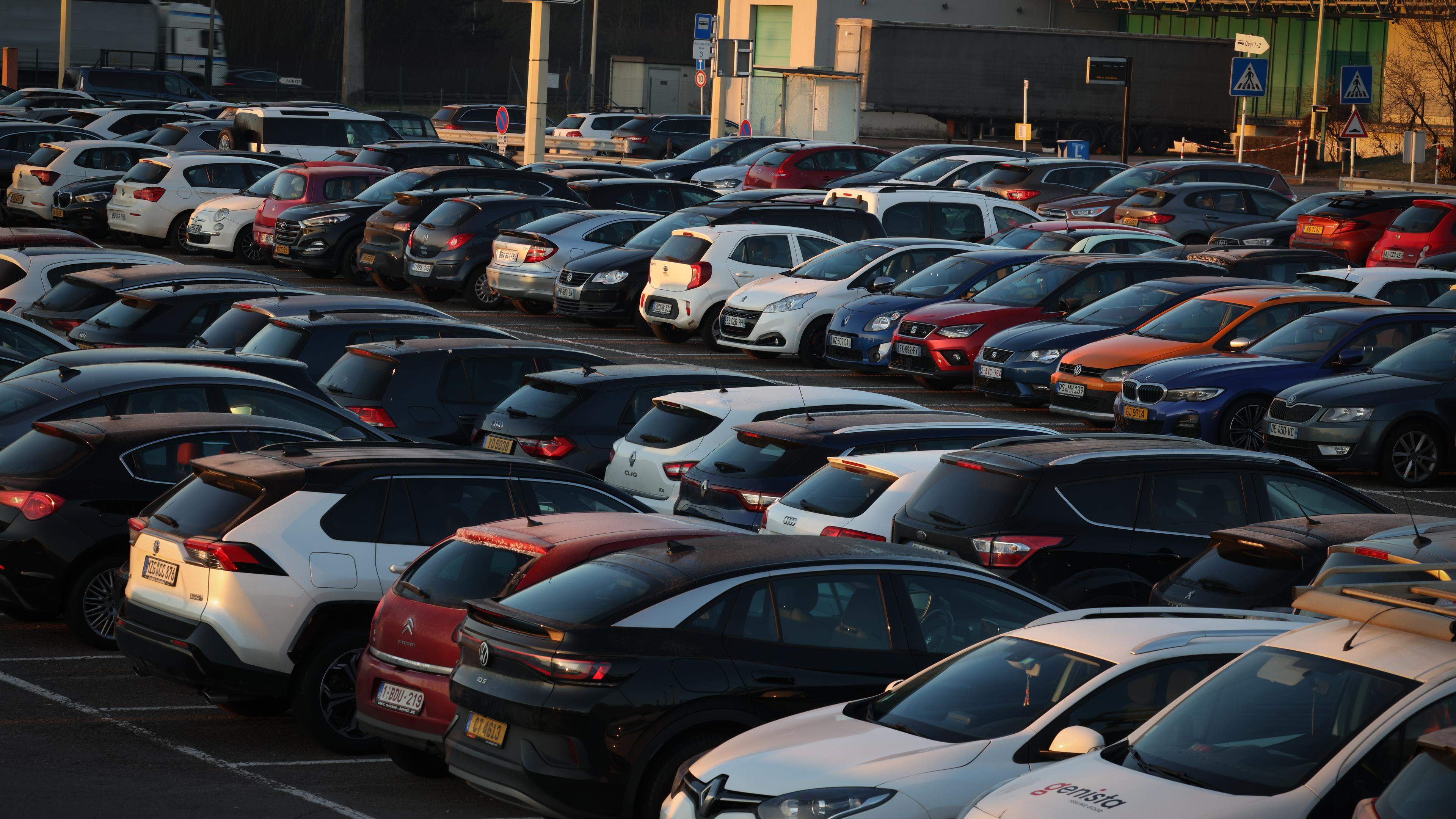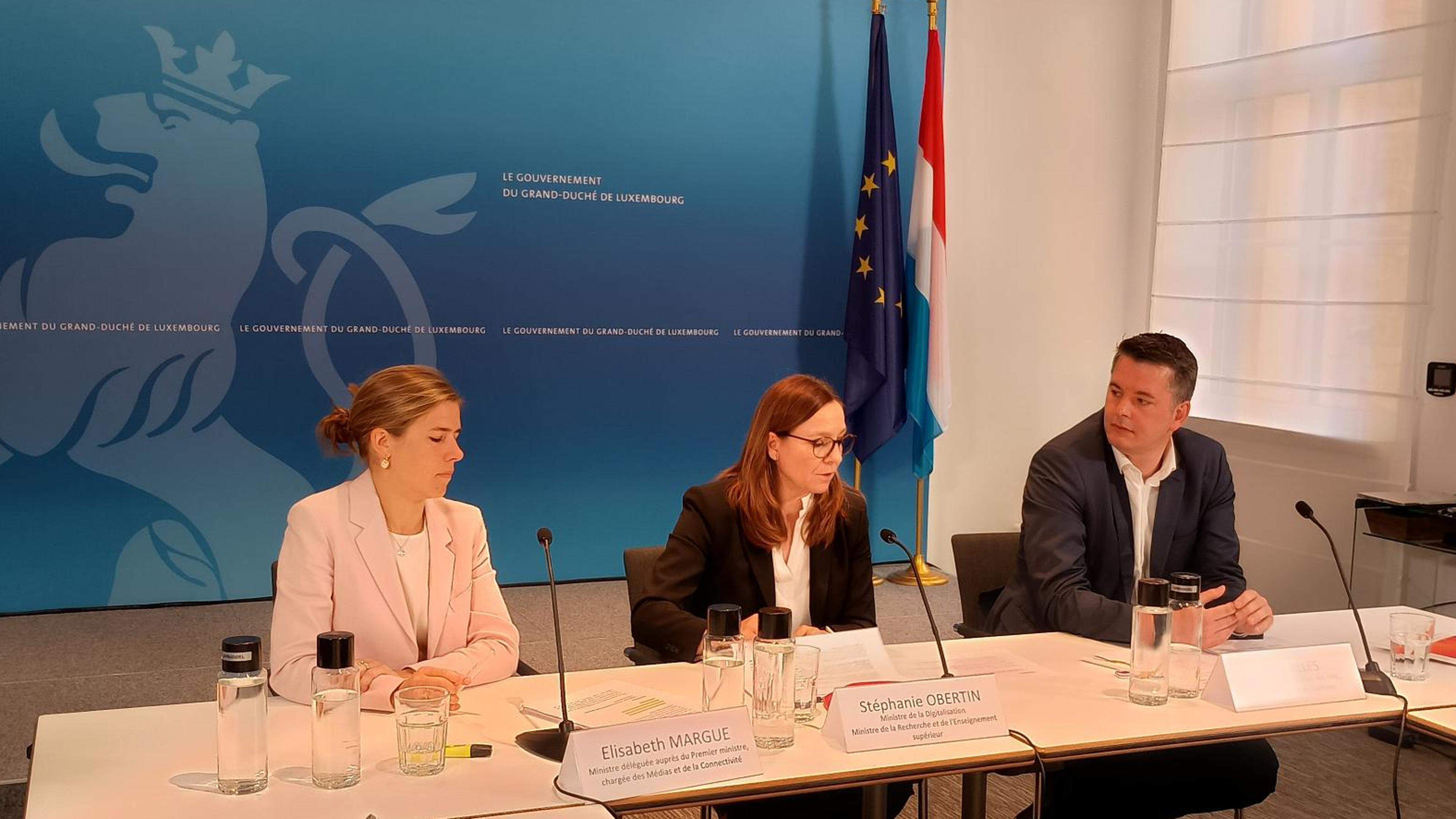Would the Luxembourgers do without their car for the climate?

The Luxembourgers want more climate protection – but it should no longer cost them. This emerges from a survey by the observatory for climate policy, which was presented on Monday.
52 percent of the respondents said that climate change could be solved by voluntary individual habit changes. 63 percent in turn think that the Luxembourg government should take care of the problem. In this case, the state measures should never cost citizens more money, say 60 percent of the respondents. 41 percent are even convinced that measures for the climate that the state assumes could lead to more financial inequalities between the Luxembourg households.
If asked who should be more committed to fighting the consequences of the climate crisis, 71 percent say that the initiative should be in the individual. However, most people think, 84 percent here, companies would have to do more for the climate – even more than the state and individual.
The green energy expansion is to be accelerated
In general, the Luxembourgers are willing to do something about climate change. 89 percent of adults who were asked by the observatoir say that « climate and environmental problems » are either important or very important.
The 15 to 21 year olds are eleven percent less who represent this opinion. However, the observatoire also asked the people on other topics and how urgently they assess them. The survey has shown that even more people perceive their personal security than a more important problem. 94 percent agreed.
Adult companies more for the climate than the youth
The report concludes that the Luxembourgers understand « the importance and urgency » of climate change and themselves take initiatives in their everyday life.
On the methodology of the survey
The Observatoire de la politique Climatique published the results of its survey today in the evening entitled « Public Opinion on Climate Change and Action in Luxembourg ».
Originally, 35,000 inhabitants were contacted in Luxembourg to take part in the survey. The survey differentiates between 15,000 15- to 21 year olds and the 20,000 respondents who are over 22 years old. A total of 16.7 percent of the boys took part in the survey. That corresponds to around 2,500 people. 19.8 percent of adults answered the questionnaire, that would be about 4,000 people.
The study is said to have been created together with the LuxemBohrG Institute of Socio-Economic Research. The survey took place between September 6th and October 28th.
In fact, 51 percent of adults answer that they are already doing something for the climate. 21 percent of them plan to do it in the future. Eleven percent say they will do it if others also participate. Eight percent do not have the money and two percent that they have no time for climate protection. Eight percent think that they have no influence on climate change.
For the boys, the number of those who are already doing something for the climate is far lower than with adults – 30 percent. For this purpose, twice as many boys plan to do something in the future. Twice as many young people also say that they are only willing to do climate protection, even if others participate. Eleven percent also say they have no money for it.
The higher the degree of education, the higher the willingness to protect climate protection
Of the adults and adolescents, 77 percent are convinced that climate change is « scientifically proven and man -made ». However, nine percent of the respondents do not share this opinion. Depending on the level of education, the willingness also differs to climatic change even against climate change.
The higher the educational qualification, the greater the willingness to take part in climate protection measures. This willingness is highest in people with a doctorate. In Luxembourg, 26 percent of people indicate without schooling not want to participate in climate protection because they see no influence of their actions. Nevertheless, almost half (49 percent) of this group shows the willingness to actively do something for climate protection.
Mouvement Écologique evaluates government plans as « disappointing a sense of inspection »
Luxembourg effects effectiveness of climate measures badly
In the observation center’s report, people were also asked about the measures they are ready to protect the climate. Among other things, the observatory wanted to know whether people were willing to drive more with public transportation, to eat vegetarian or to recycle more. Above all, it is particularly interesting in the query that people often misjudge which measure is most effective to reduce their CO₂ footprint.
The higher the educational qualification, the more people say they are ready to take part in climate measures.
Most of the respondents (62 percent) state that they are ready to recycl more. Among all measures, however, this is the one with the smallest influence on CO₂ footprint. According to the observatory diagram, recycles save just over zero grams of CO₂ per year. In contrast, a person can save up to almost 1,300 kilograms of CO₂ per year, they would feed itself vegetarian. However, only 15 percent of the respondents are ready to take this step. This discrepancy also applies to the change from the diesel to the electric car. According to the observatory, the measure should save over 1,300 kilograms of CO₂ per year. But only 20 percent are ready.
While people in Luxembourg are more willing to recycles, this measure brings less than the changeover to a vegetarian diet. Photo: Sibila Lind / LW Archive
Here, in turn, people are much more (47 percent) decide to buy local products, although here the CO₂ savings are far lower than the previously mentioned measures.
The second populary measure that respondents have selected is the one that saves the most CO₂ per year: the transition from the car to public transport. 51 percent said they could imagine taking this step. This could save a single person up to 1,800 kilograms of CO₂ per year.
65 percent drive by car in everyday life
According to the survey, 65 percent currently say that they would use the car as a main means of transport, in contrast to this, only 24 percent drive on public transport. Six percent go on foot in everyday life and three percent ride by bike. In its survey, the observatory found that the higher their income, the higher their income.
With a monthly content between zero and 1,250 euros, 40 percent of those surveyed say that they drive by car, 52 percent of them, however, by public transport. Already from an income between 2,000 and 4,000 euros a month, 63 percent say that they drive by car in everyday life and only 46 percent by bus and train. The salary group, which is the most back on the car with 72 percent, is between 8,000 and 12,500 euros a month.
The salary group, which is the most back on the car with 72 percent, is between 8,000 and 12,500 euros a month.
Among the respondents say 94 percent of those who have a car that he is a combustion engine. Only six percent drive with the electric car. However, 18 percent say among those who own two cars, they drive with the electric car.








